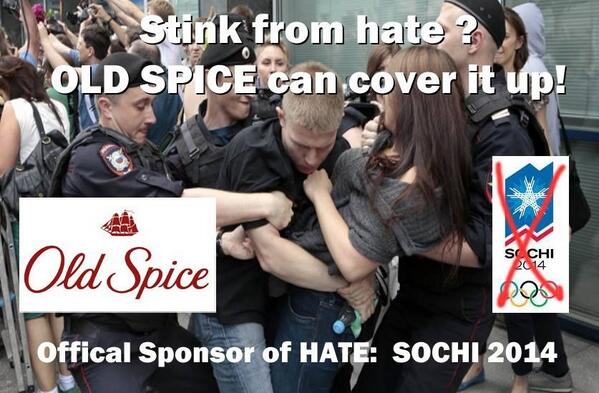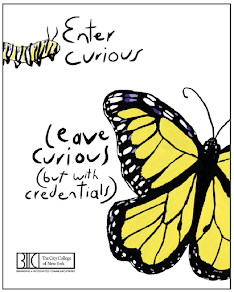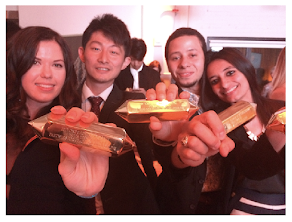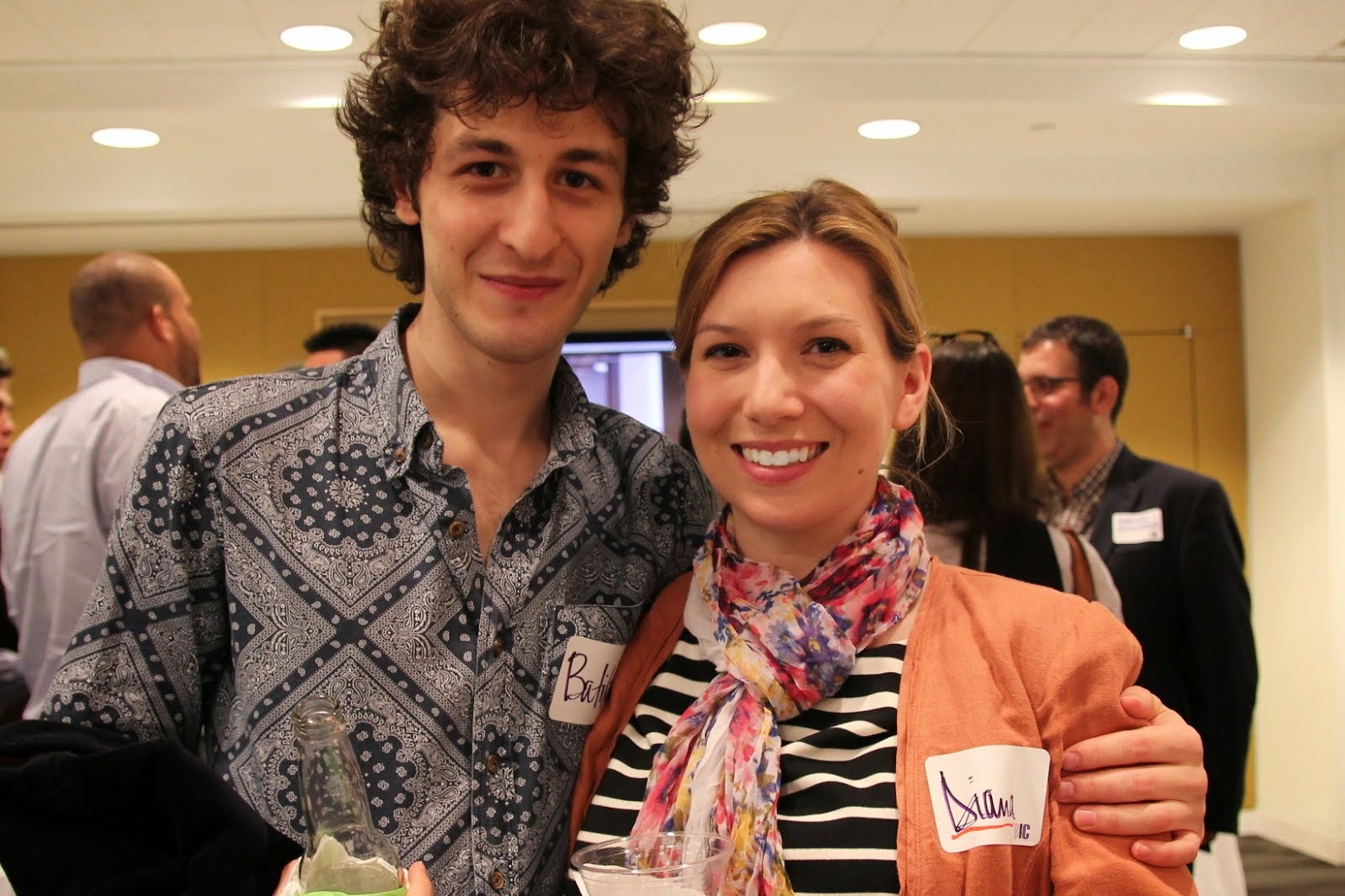Linda Kaplan Thaler joins BIC advisory board
 |
Linda Kaplan Thaler
Chair
Publicis Kaplan Thaler |
On February 14, 2014, Professor Nancy R. Tag, Program Director of the City College of New York, MPS degree program in Branding + Integrated Communications (BIC), announced that
Linda Kaplan Thaler, Chair of Publicis Kaplan Thaler, has joined the BIC Advisory Board.
Linda Kaplan Thaler, an alumna of the City College of New York, has created some of the most successful and memorable advertising in America. Much of her work has become part of pop culture, including the Toys R’ Us “I Don’t Wanna Grow Up” jingle, Kodak Moments, Clairol Herbal Essences’ “Yes, Yes, Yes” campaign and the Aflac duck.
Ms. Thaler is Chairman of the U.S. flagship office of Publicis Worldwide and its blue-chip client roster, including P&G, CITI, Nestlé, L’Oreal, Merck, Pfizer and Wendy’s, among many others. Previously, Linda was CEO and Chief Creative Officer of the Kaplan Thaler Group, which she founded in 1997 and grew from a fledgling start-up to a company with over $1 billion in billings. In 2013, the Kaplan Thaler Group merged with Publicis New York to form Publicis Kaplan Thaler.
She is also a best-selling author and television personality. Her three collaborations with coauthor Robin Koval, Bang!, The Power of Nice, and The Power of Small, have all received national recognition. In 2005, Linda hosted the Oxygen television series “Making It Big,” and she has also appeared on Donald Trump’s “The Apprentice” as a judge. Her creative talents have earned her the prestigious MATRIX Award for Women in Communications and she was recognized in 2012 by Advertising Age as one of the "100 Most Influential Women in Advertising." She has also earned the Advertising Woman of the Year Award from AWNY, the New York Women in Film and Television’s Muse Award and 13 Clio’s, among many others.
Ms. Thaler joins the
BIC Advisory Members, David Sable, CEO of Young & Rubicam; Barri Rafferty, CEO North America, Ketchum PR; Rob Norman, Chief Digital Officer Global, GroupM; and Peter Finn, Founding Partner, Finn Partners Public Relations.









